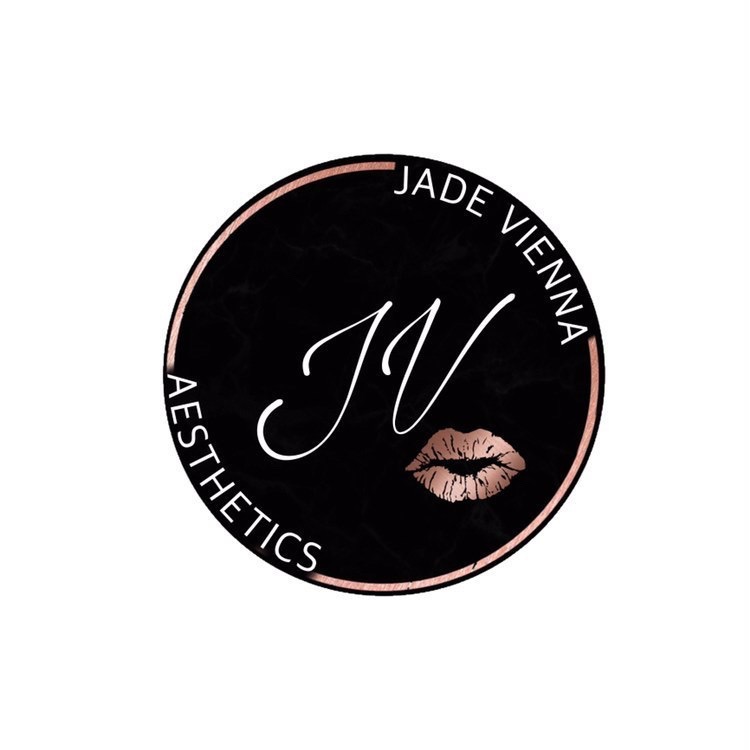How Collagen Works and What Happens When We Lose It
- Jade Vienna Aesthetics

- Jun 6, 2025
- 3 min read

Discover how collagen works, why it's vital for youthful skin, and what happens when we start to lose it. Learn expert tips to boost collagen naturally and slow down skin ageing.
Collagen has become a buzzword in the world of skincare and aesthetics — and for good reason. As the most abundant protein in the human body, collagen plays a crucial role in keeping our skin firm, smooth, and youthful. But as we age, our collagen levels begin to decline — and the visible signs can be hard to ignore.
In this post, we break down exactly how collagen works, what happens when we lose it, and how you can protect and replenish your skin’s natural support system.
🧬 What Is Collagen and Why Is It Important?
Collagen is a structural protein found in the skin, bones, tendons, and connective tissues. In the skin, it acts like scaffolding — providing strength, elasticity, and hydration. It keeps skin plump, smooth, and resilient.
There are several types of collagen, but Type I, II, and III are most relevant to skin health. Type I is the most abundant and is responsible for maintaining skin firmness and structure.
⏳ When Do We Start Losing Collagen?
Collagen production naturally begins to slow down from our mid-20s, and by the time we reach our 40s, we could be losing up to 1% of collagen each year.
Several factors accelerate this process, including:
Sun exposure (UV damage)
Smoking
Poor diet
Stress and lack of sleep
Environmental pollution
🧓 What Happens to Our Skin When Collagen Declines?
When collagen levels drop, the signs of ageing start to show:
Fine lines and wrinkles
Sagging or loose skin
Loss of volume and elasticity
Dryness and rough texture
Slower wound healing
The skin becomes thinner and less able to bounce back, making it more susceptible to damage and dullness.
🔬 How Can You Boost Collagen Production?
While we can’t stop collagen loss completely, we can definitely stimulate new collagen production and protect what we already have.
1. Topical Skincare Ingredients
Look for products containing:
Retinoids (Retinol or Tretinoin) – Boosts cell turnover and collagen synthesis.
Vitamin C – A powerful antioxidant that supports collagen production and protects from free radical damage.
Peptides – Signal the skin to produce more collagen and elastin.
2. In-Clinic Treatments
Advanced aesthetic treatments can significantly improve collagen production:
Microneedling – Creates tiny micro-injuries that stimulate natural collagen repair.
Radiofrequency (RF) Therapy – Uses heat to tighten and firm the skin.
Polynucleotides – Natural skin regenerators that stimulate fibroblasts (collagen-producing cells).
PRP (Platelet-Rich Plasma) – Uses your body’s own growth factors to stimulate skin renewal.
3. Collagen Supplements
Hydrolysed collagen peptides (from marine or bovine sources) are popular and may support skin elasticity and hydration over time. Look for ones that contain Vitamin C, zinc, and hyaluronic acid for enhanced absorption and results.
4. Lifestyle Tips
Wear SPF daily – UV rays break down collagen faster than anything else.
Eat a collagen-boosting diet – Include bone broth, fish, berries, leafy greens, and citrus fruits.
Avoid smoking and limit alcohol – Both dehydrate the skin and degrade collagen.
Get quality sleep – Skin regenerates during deep rest.
Collagen is the secret to youthful, glowing skin — but it doesn’t last forever without support. As natural collagen levels decline, it’s essential to adapt your skincare, diet, and lifestyle to preserve your skin’s strength and radiance.
With the right treatments, nutrition, and care, you can help slow the signs of ageing and promote healthy, resilient skin from the inside out.




Comments